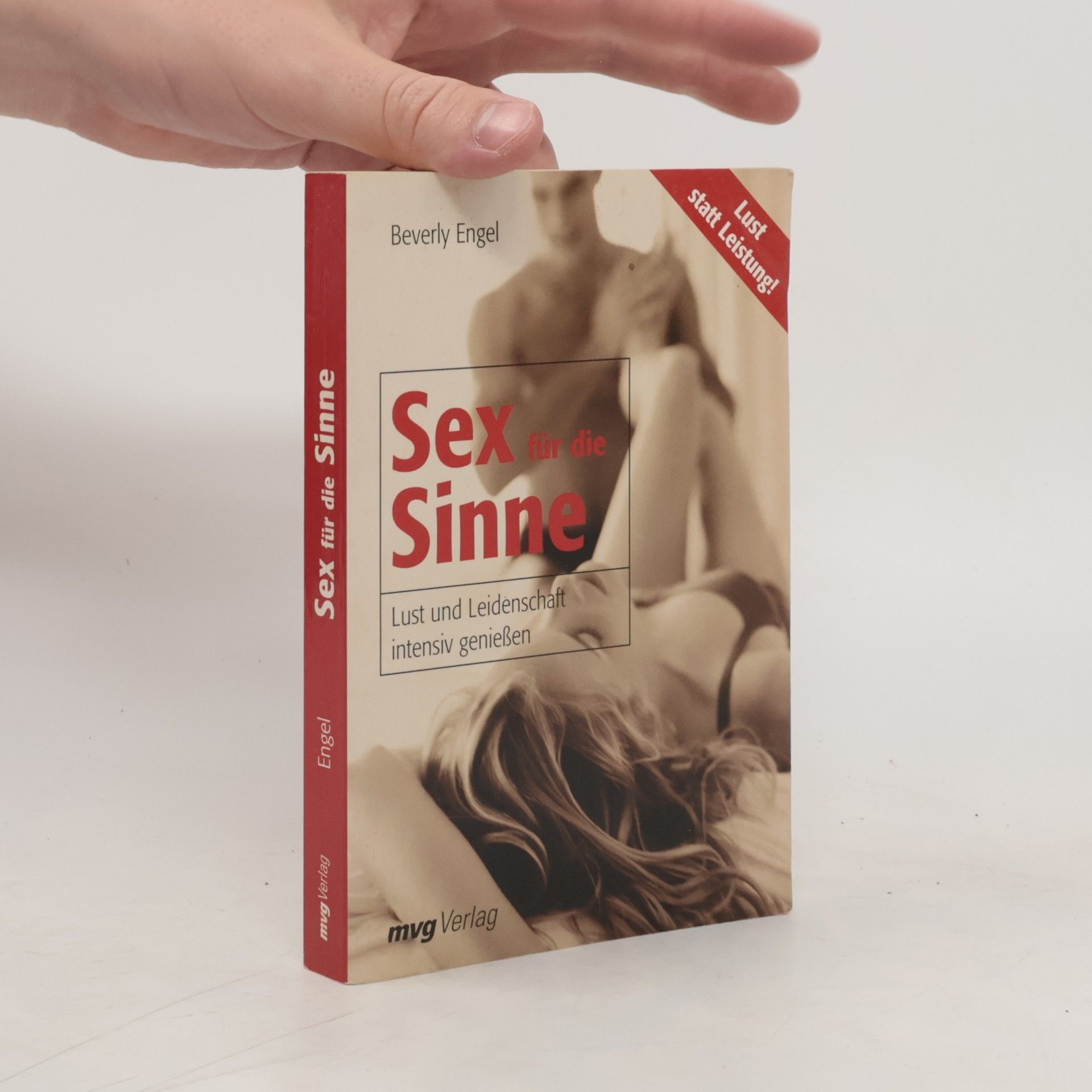Czy jesteś Miłą Dziewczyną? Czy twoja cierpliwość, dobroć i hojność są często wykorzystywane? Czy rozczarowujesz się, gdy inni nie traktują cię tak, jak ty ich? Czy dajesz zbyt wiele szans, a bycie miłą staje się ciężarem? Jeśli odpowiedziałaś twierdząco na te pytania, nie jesteś sama. Na całym świecie są miliony kobiet, które myślą i czują podobnie. Każda z nas ma coś z Miłej Dziewczyny. Książka jest dedykowana kobietom, które wierzą, że muszą być miłe, aby być kochane i akceptowane. Jest również dla terapeutów i obrońców praw kobiet, którzy pomagają zrozumieć, że lepiej jest być w swojej mocy niż tylko miłą. Znajdą tu wartościowe treści zarówno kobiety pragnące uwolnić się od starych wzorców, jak i te, które już są na drodze do siebie. Ostateczna wartość twojej osoby nie opiera się na wyglądzie, inteligencji, talentach czy sukcesach finansowych, lecz na tym, że istniejesz i w głębi duszy jesteś dobra, mądra i silna.
Beverly Engel Book order (chronological)
Beverly Engel is a psychotherapist with thirty years of experience, specializing in abuse recovery, relationships, women’s issues, and sexuality. She is also the best-selling author of 20 self-help books that have frequently appeared in national media, featured on television and radio programs. Engel is considered one of the world’s leading experts and a pioneer on the issue of emotional abuse, having authored one of the first recovery books on the subject.
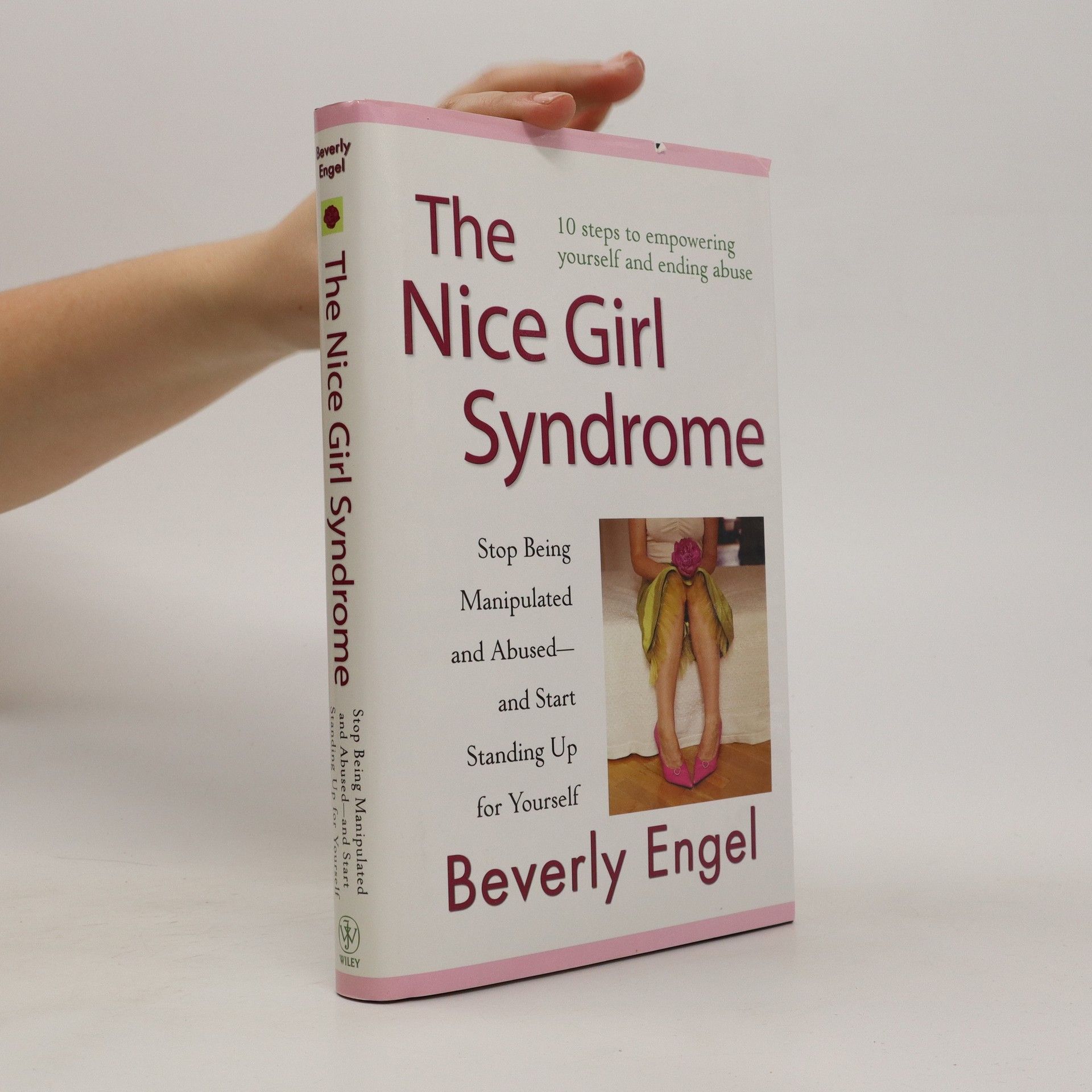

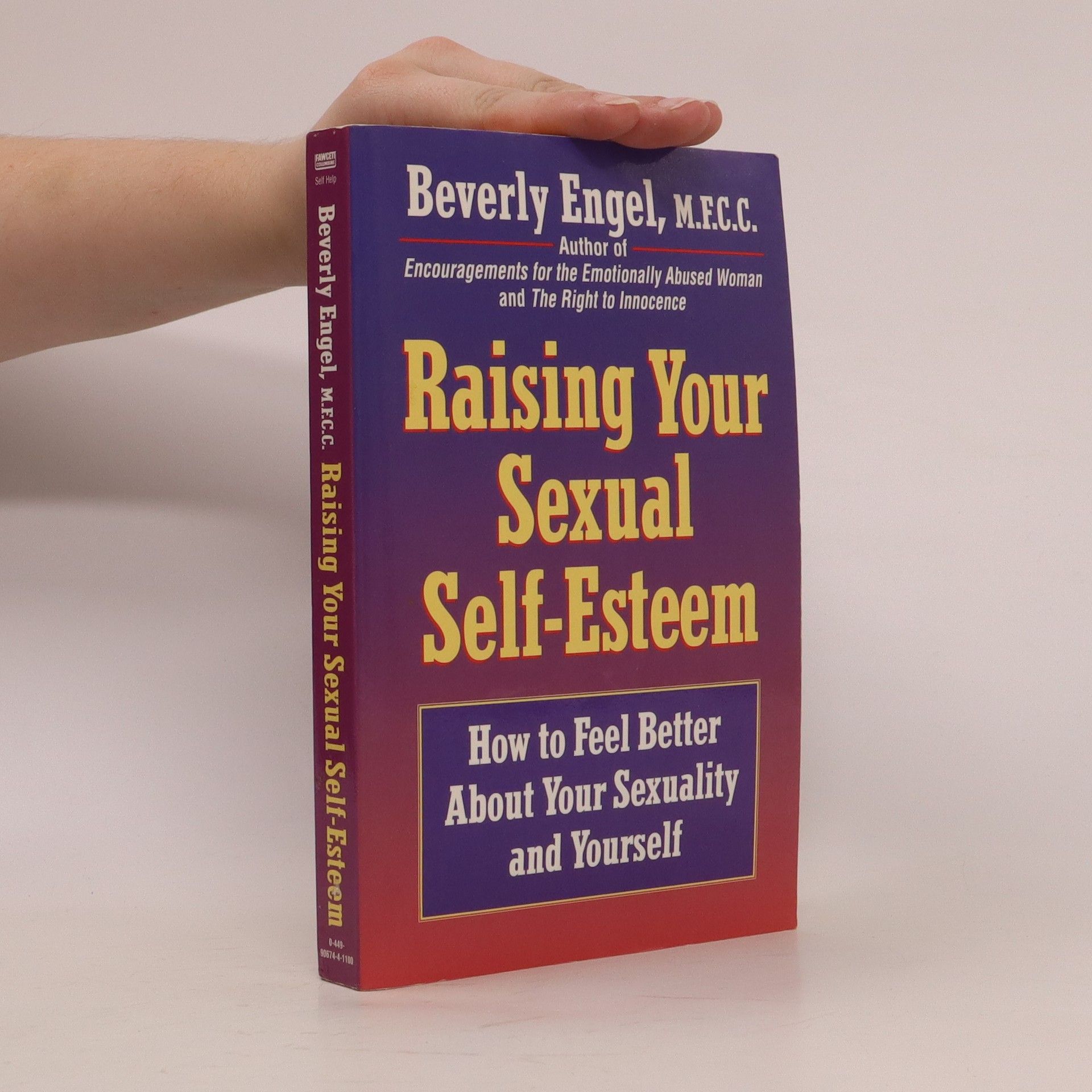
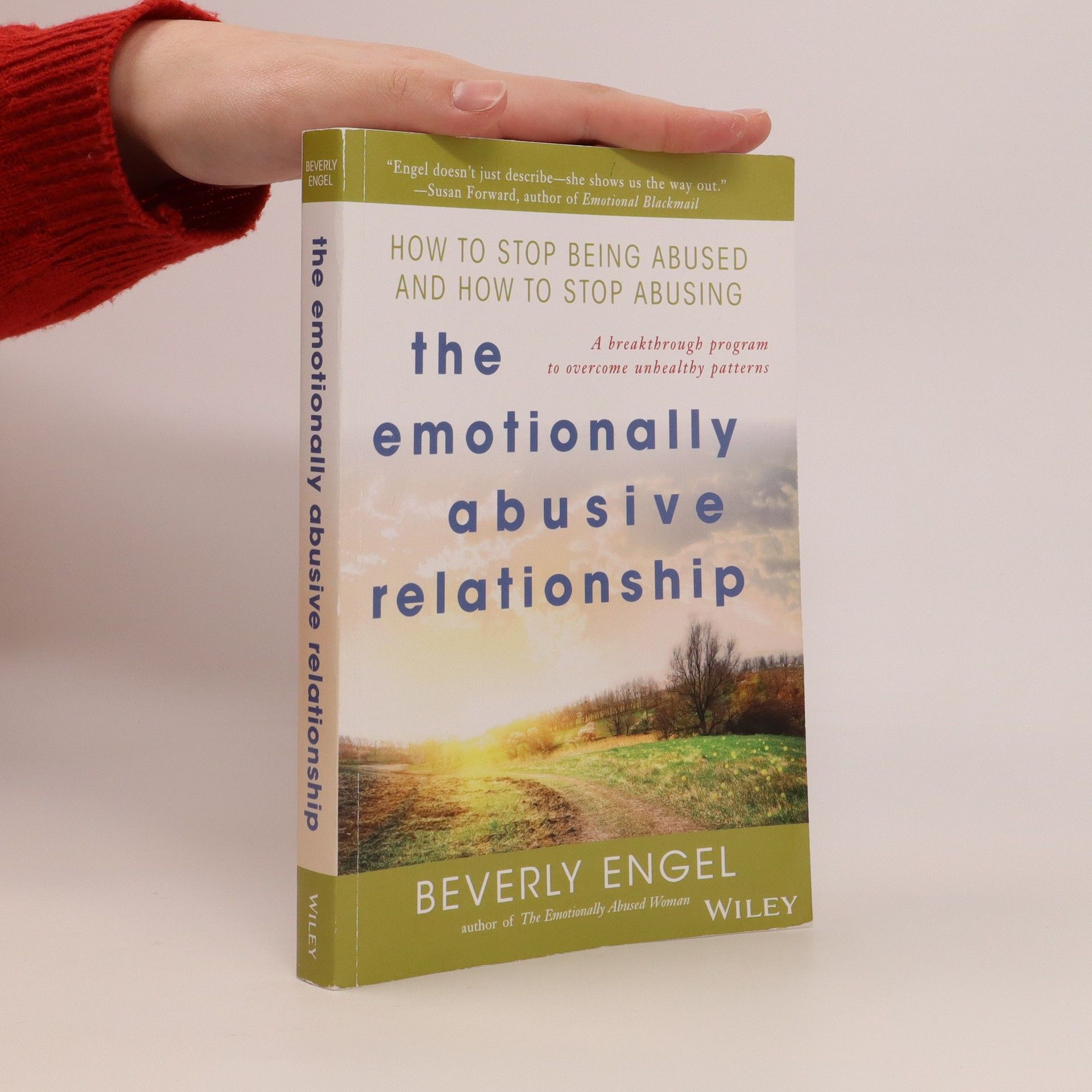

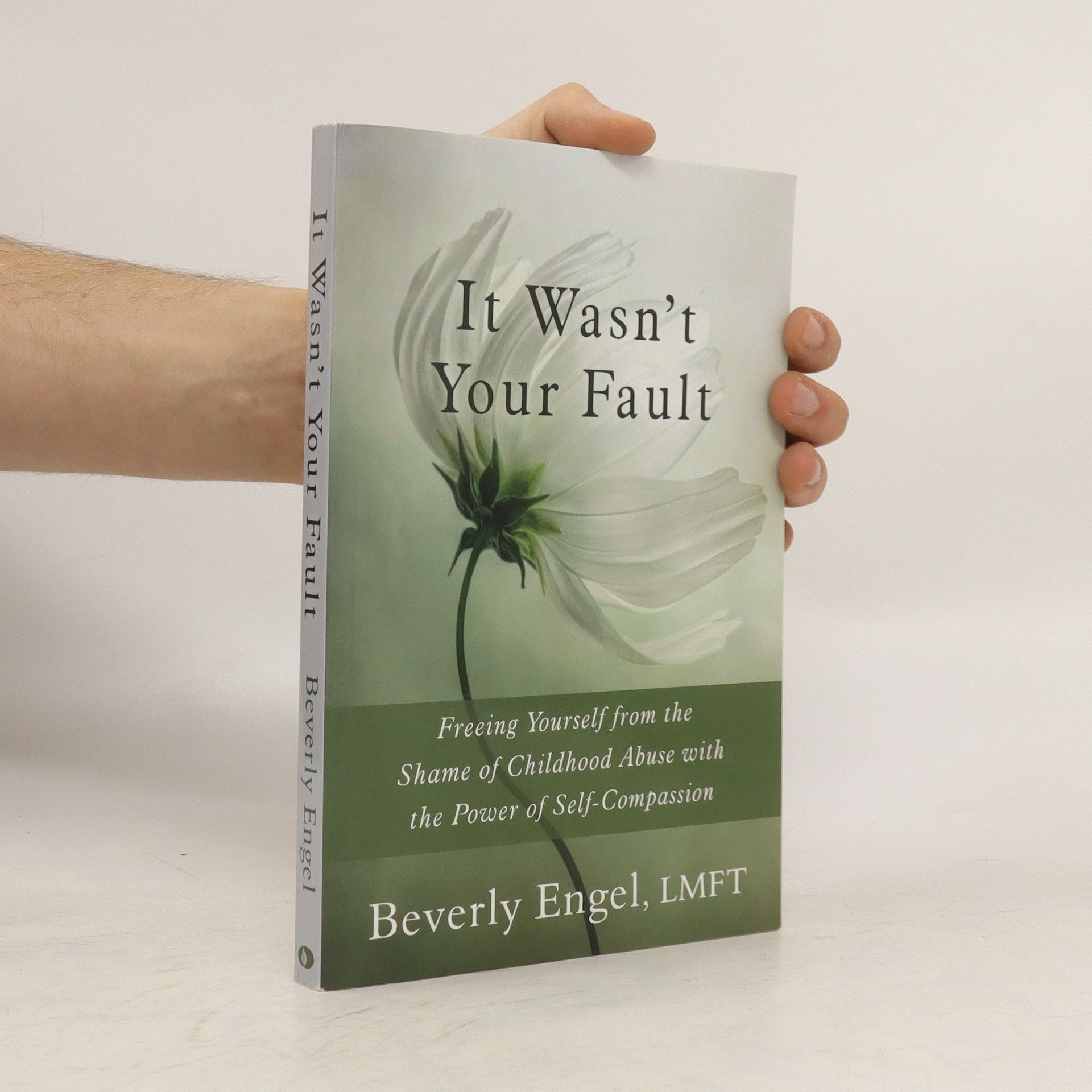
Czy jesteś Miłą Dziewczyną? Czy często wykorzystują twoją cierpliwość, dobroć i hojność? Czy rozczarowujesz się, gdy inni nie traktują cię tak dobrze, jak ty ich? Czy dajesz innym zbyt wiele szans, a bycie miłą staje się ciężarem? Jeśli odpowiedziałaś twierdząco na te pytania, nie jesteś sama. Na całym świecie są miliony kobiet, które myślą i czują podobnie. Książka jest dedykowana tym, które wierzą, że muszą być miłe, aby być kochane, akceptowane i bezpieczne. Jest również dla terapeutów i obrońców praw kobiet, którzy pomagają zrozumieć, że lepiej być w swojej mocy niż tylko miłą. Znajdziesz tu wartościowe treści, które pomogą uwolnić się od dotychczasowych wzorców oraz dla tych, które są już na ścieżce powrotu do siebie, aby sprawdzić, jak stare schematy wpływają na ich życie. Ostateczna wartość twojej osoby nie opiera się na wyglądzie, inteligencji czy sukcesach, lecz na tym, że istniejesz i w głębi duszy jesteś dobra, mądra i silna.
Freedom at Last
- 286 pages
- 11 hours of reading
In this groundbreaking book, leading psychologist Dr. Beverly Engel reveals the truth about how childhood sexual abuse affects victims, dispels common myths surrounding this type of abuse, explains the nuances behind the emotion of shame, and teaches readers how to develop more self-awareness about how shame has manifested in their lives along with powerful and effective shame-reduction strategies.
Escaping Emotional Abuse
- 352 pages
- 13 hours of reading
The world-renowned therapist and author of the groundbreaking self-help classic, The Emotionally Abused Woman, delves into one of the most destructive and powerful weapons of the abuser: shame.
It Wasn't Your Fault
- 256 pages
- 9 hours of reading
Shame is one of the most destructive of human emotions. And while anyone can suffer from lingering shame, those who were abused in childhood tend to feel it the most. In It Wasn't Your Fault, a therapist presents a compassion-based therapeutic approach to help survivors of physical and sexual abuse overcome the debilitating shame that often keeps them tied to the past. By offering step-by-step techniques for understanding the root cause of shame, as well as exercises in mindfulness and compassion for the self and others, this book will help readers begin to heal and move past painful experiences.
The Nice Girl Syndrome
- 245 pages
- 9 hours of reading
Are you too nice for your own good? Do family members manipulate you? Do coworkers take advantage of you? If this sounds familiar, this breakthrough guide offers insights on how to overcome the pressure to please others and embrace your true self. Renowned author and therapist Beverly Engel, who has helped thousands of women escape emotionally abusive relationships, provides strategies to take control of your life and prioritize self-care. Engel explains that being overly nice can make women easy targets for emotional, physical, and sexual victimization. She identifies seven types of Nice Girls and helps you recognize which might apply to you. The guide encourages you to assess whether the Nice Girl Syndrome is keeping you in abusive or manipulative situations and offers ways to change limiting beliefs and behaviors. You will learn to confront the patterns that keep you stuck in a Nice Girl role and replace them with healthier, empowering alternatives. The book includes inspiring stories of women who have found the strength to stand up for themselves. Filled with wise advice, practical exercises, and empowering steps, this guide will challenge and inspire you to take control of your life and become your own strong woman.
Breaking the Cycle of Abuse
- 288 pages
- 11 hours of reading
Expert guidance in stopping and recovering from abuse In her new book, renowned psychotherapist Beverly Engel returns to the topic that made her famous-abuse and recovery from abuse. Engel argues that the primary way survivors can avoid abusing others the way they were abused is to work on their own recovery.
The Emotionally Abusive Relationship
- 272 pages
- 10 hours of reading
This prescriptive book by an internationally renowned therapist shows emotionally abused people how to help themselves. It also shows emotionally abusive people how to stop abusing. It helps people in emotionally abusive relationships determine whether their relationship is worth saving or not.
Raising Your Sexual Self-esteem
- 354 pages
- 13 hours of reading
Despite our seemingly tolerant, nonjudgmental society, sexual concerns are more widespread than ever before. Not only must we address the AIDS epidemic and other sexually transmitted diseases, but unrealistic expectations about body image, performance, and ability plague us as well. Add low self-esteem and it becomes impossible to enjoy the intimacy and exhilaration that come from healthy sexual relations with another human being. Renowned psychotherapist! Beverly Engel understand the powerful, debilitating effects of low self-esteem and provides insight into its causes, from unspoken negative messages about sex we received as children, to traumatic first sexual encounters, to sexual abuse. With both authority and compassion, she helps you gain confidence, enjoyment, and pleasure in your life. Here are stories form! ordinary people from all walks of life, discussing their sexual issues, illuminating the problems that are so universal. here, too, is the solid, positive help they received from Engel, help that has proven successful in her practice time and again.
